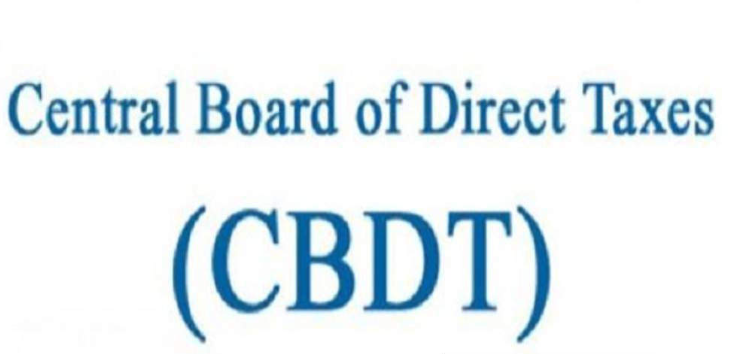Central Board of Direct Taxes (CBDT)
The Central Board of Direct Taxes (CBDT) is a statutory authority functioning under the Department of Revenue in the Ministry of Finance, Government of India. It is the apex body responsible for the administration of direct taxes in India, primarily the Income Tax Act, 1961, and various other direct tax laws.
Establishment and Composition
The CBDT was constituted by the Central Board of Revenue Act, 1963. It consists of a Chairman and six members, all of whom are appointed by the Central Government. The Chairman is the head of the CBDT and is responsible for the overall supervision and control of the direct tax administration in the country. The members are responsible for various functional areas such as legislation, assessment, collection, investigation, and human resource management.
Functions and Powers
The main functions and powers of the CBDT include:
- Formulation of policies and planning for direct taxes in India
- Issuing rules, circulars, notifications, and clarifications related to direct tax laws
- Supervising the work of the Income Tax Department and its field formations
- Monitoring the collection and assessment of direct taxes
- Implementing tax treaties and agreements with foreign countries
- Representing the Government of India in international forums on matters related to direct taxes
- Providing recommendations to the Ministry of Finance on issues related to direct taxes
Organizational Structure
The CBDT oversees the functioning of the Income Tax Department, which has a three-tier organizational structure:
- Central Charge: Headed by the Chairman and members of the CBDT
- Regional Charge: Headed by Principal Chief Commissioners of Income Tax (PCCIT) and Chief Commissioners of Income Tax (CCIT)
- Field Formations: Headed by Principal Commissioners of Income Tax (PCIT) and Commissioners of Income Tax (CIT)
The field formations include various offices such as Assessment Units, TDS Units, International Taxation Units, and Investigation Units, among others.
Direct Tax Laws and Reforms
The CBDT plays a crucial role in the formulation and implementation of direct tax laws and reforms in India. Some of the notable initiatives and reforms undertaken by the CBDT include:
- E-filing of income tax returns and online tax payment facilities
- Faceless Assessment Scheme for transparent and efficient tax assessments
- Vivad se Vishwas Scheme for settling pending direct tax disputes
- Direct Tax Vivad se Vishwas Act, 2020, for resolving disputed tax cases
- Implementation of the Goods and Services Tax (GST) in coordination with the Central Board of Indirect Taxes and Customs (CBIC)
International Cooperation
The CBDT plays a significant role in fostering international cooperation on matters related to direct taxes. It negotiates and implements Double Taxation Avoidance Agreements (DTAAs) and Tax Information Exchange Agreements (TIEAs) with foreign countries to prevent double taxation and facilitate the exchange of information for curbing tax evasion and black money.
Taxpayer Services and Grievance Redressal
The CBDT is committed to providing efficient taxpayer services and timely grievance redressal. Initiatives like the Centralized Processing Centre (CPC) for processing income tax returns, the Aaykar Setu mobile app for taxpayer assistance, and the e-Nivaran portal for grievance redressal have been implemented to enhance taxpayer convenience and satisfaction.
The Central Board of Direct Taxes is the apex body responsible for the administration of direct taxes in India. Through its various functions, powers, and initiatives, the CBDT plays a vital role in formulating tax policies, implementing reforms, and ensuring the efficient collection and assessment of direct taxes in the country. Its efforts contribute significantly to the overall fiscal management and economic development of India.


